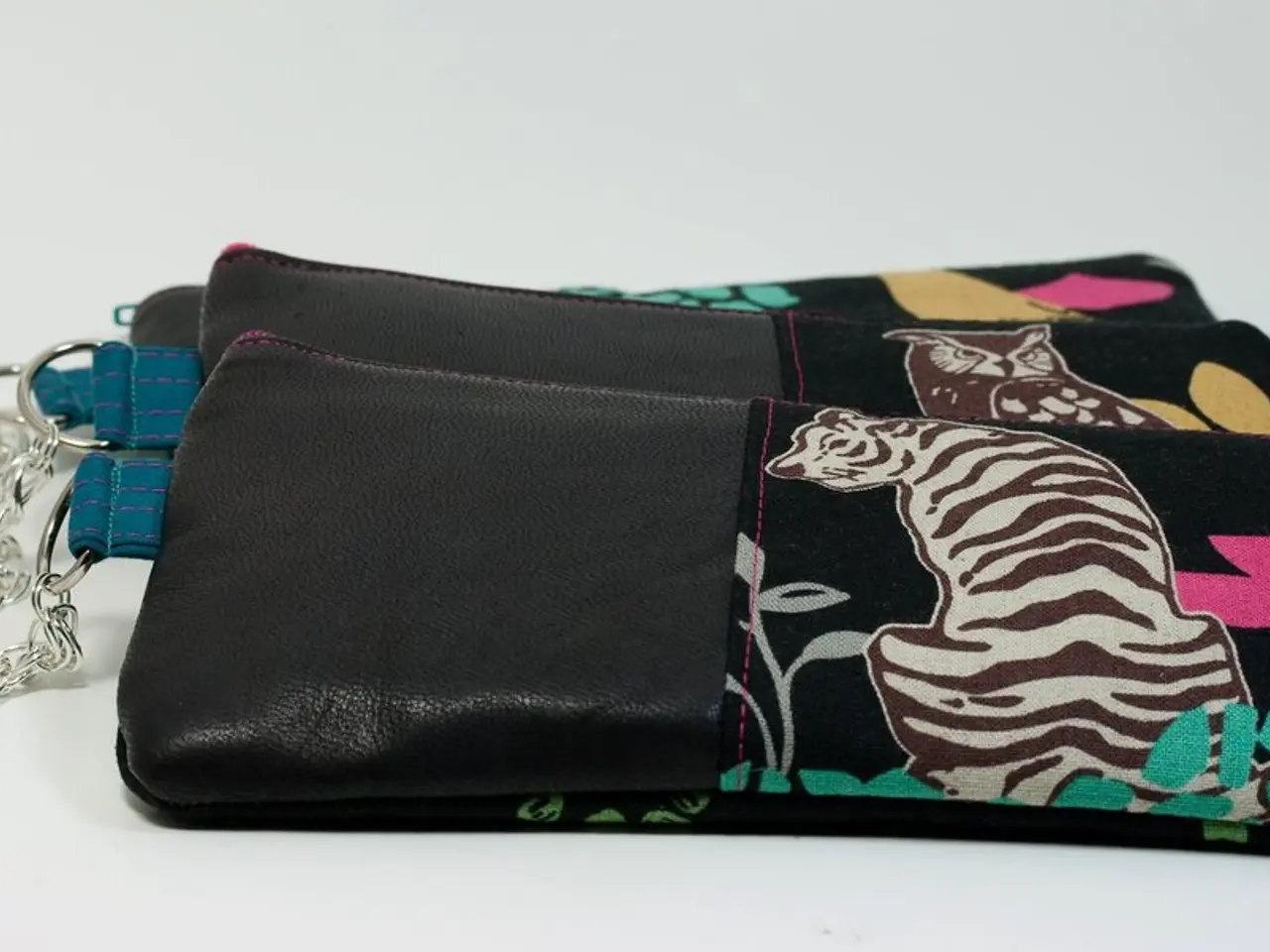Effective Financial Management Yields Enhanced Life Satisfaction
In the realm of finance and well-being, a growing body of research suggests that young adults aged 20-35 can find greater enjoyment and contentment by investing in experiences, such as travel or educational courses, rather than purchasing material possessions like apparel or electronics.
This shift in priorities is rooted in the psychology of money, which explores the impact of our ideas and behaviors around money on our mental well-being. According to recent studies, increasing wealth beyond a basic level yields diminishing returns in happiness, while contentment derives more from experiences and meaningful relationships than from accumulating material wealth.
The psychology behind this relationship reveals that early increases in wealth significantly improve well-being by meeting basic needs. However, once a certain financial threshold is crossed, additional wealth produces little or no increase in happiness, a phenomenon often referred to as the "elephant’s back" curve.
Moreover, the desire for more wealth or possessions can undermine well-being by fostering comparison and longing, which reduces happiness. Contentment, by reducing attention to what one lacks, improves well-being by focusing on present fulfillment rather than unmet desires.
Experiences, such as attending a concert or participating in a culinary class, generally yield greater delight and satisfaction than material possessions. These non-tradable assets uniquely build personal meaning and social connections, making them foundational to sustained happiness.
The socioemotional selectivity theory further supports this trend, explaining that as people, including young adults transitioning through life stages, become aware of life's finitude, they prioritize meaningful activities and relationships that bring joy and connection, thus increasing contentment.
Defining what “enough” wealth means personally helps align financial goals with life satisfaction. Wealth is best viewed not as an end but as a tool to create freedom—freedom from worry and the ability to invest time and resources into meaningful experiences and relationships, which then enhance well-being.
Effective financial management, including budgeting and saving, can significantly enhance well-being and align expenditures with beliefs, resulting in increased satisfaction. Following the 50/30/20 rule (allocating 50% for necessities, 30% for desires, and reserving 20% for savings) can be a helpful strategy for young adults seeking to manage their finances effectively.
Establishing financial objectives, such as saving for a trip, can enhance concentration and focus. By prioritizing experiential expenditures, young adults can contribute to enhanced overall quality of life by promoting lasting positive emotions and social bonds, which contribute more effectively to happiness than material possessions.
Digital apps like Cash App, Venmo, and PayPal offer instant transactions, budget tracking, and investment options, making financial management more efficient. These tools can empower young adults to take control of their finances, make informed decisions, and prioritize experiences that foster happiness and contentment.
In summary, young adults gain greater happiness and contentment not primarily by increasing wealth indefinitely but by leveraging their financial resources to invest in experiential expenditures that build connections, memories, and meaningful life narratives—elements that money alone cannot buy but are foundational to sustained happiness.
Experiences, such as attending a concert or participating in a culinary class, offer greater delight and satisfaction than material possessions, contributing more to happiness by building personal meaning and social connections. Effective personal-finance management, including budgeting and debt-management, can enhance overall well-being by aligning expenditures with beliefs and promoting experiential investments. Establishing financial objectives and saving for events contributes to improved focus and concentration. Utilizing digital apps like Cash App, Venmo, and PayPal can make managing finances more efficient, enabling young adults to prioritize experiences that foster happiness and contentment. By defying the conventional pursuit of material wealth and embracing experiences, young adults can achieve sustained happiness and well-being.




